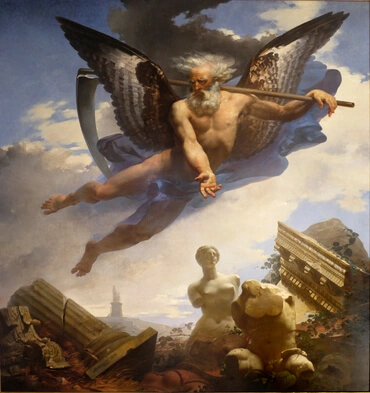Came to pass

The phrase “it came to pass,” often also translated as “it happened,” generally indicates the end of one spiritual state and the beginning of a new one. To some degree, the phrase is used in the place of punctuation in the original language, marking the transition from one set of circumstances to another.
(Referencat: Arcana Coelestia 4979, 4987, 5031, 5220, 5578)
Arcana Coelestia #4987
4987. 'And it happened after these events' means a third state. This is clear from the meaning of 'it happened' or 'so it was' as that which implies something new, as above in 4979, and therefore at this point a third state; and from the meaning of 'after these events' as after those things were completed. In the original language one line of thought is not separated from another by punctuation marks, 1 as in other languages, but the text seems to run so to speak from start to finish without any breaks in it. Ideas in the internal sense follow one another in a similar way without breaks, moving on from one state of a thing into another state of it. But when one state comes to an end and another major one takes its place, this is indicated by the expression 'so it was' or 'it happened', while a minor change of state is indicated by the word 'and'. This is the reason why these expressions occur so frequently. This third state described now is more internal than the previous one.
Fusnotat:
1. i.e. before the introduction of Masoretic pointing and punctuation






